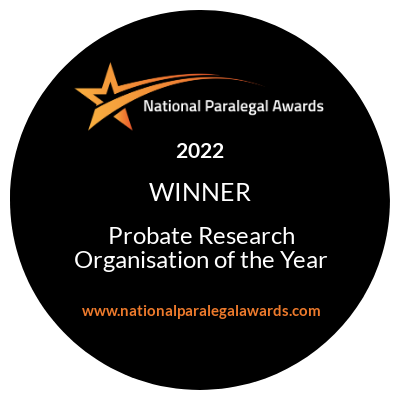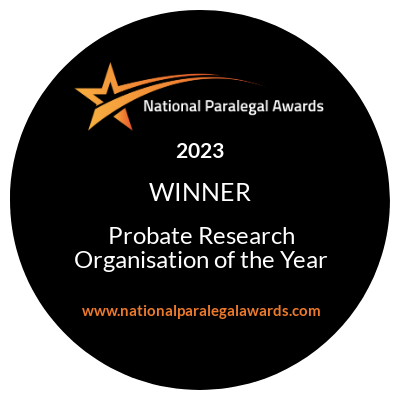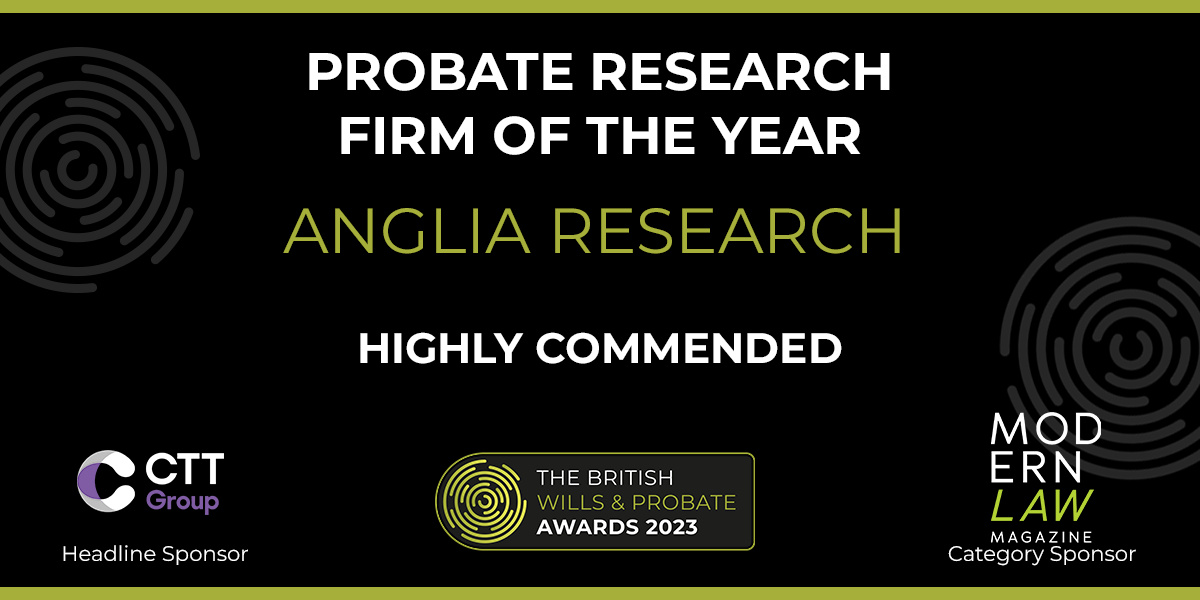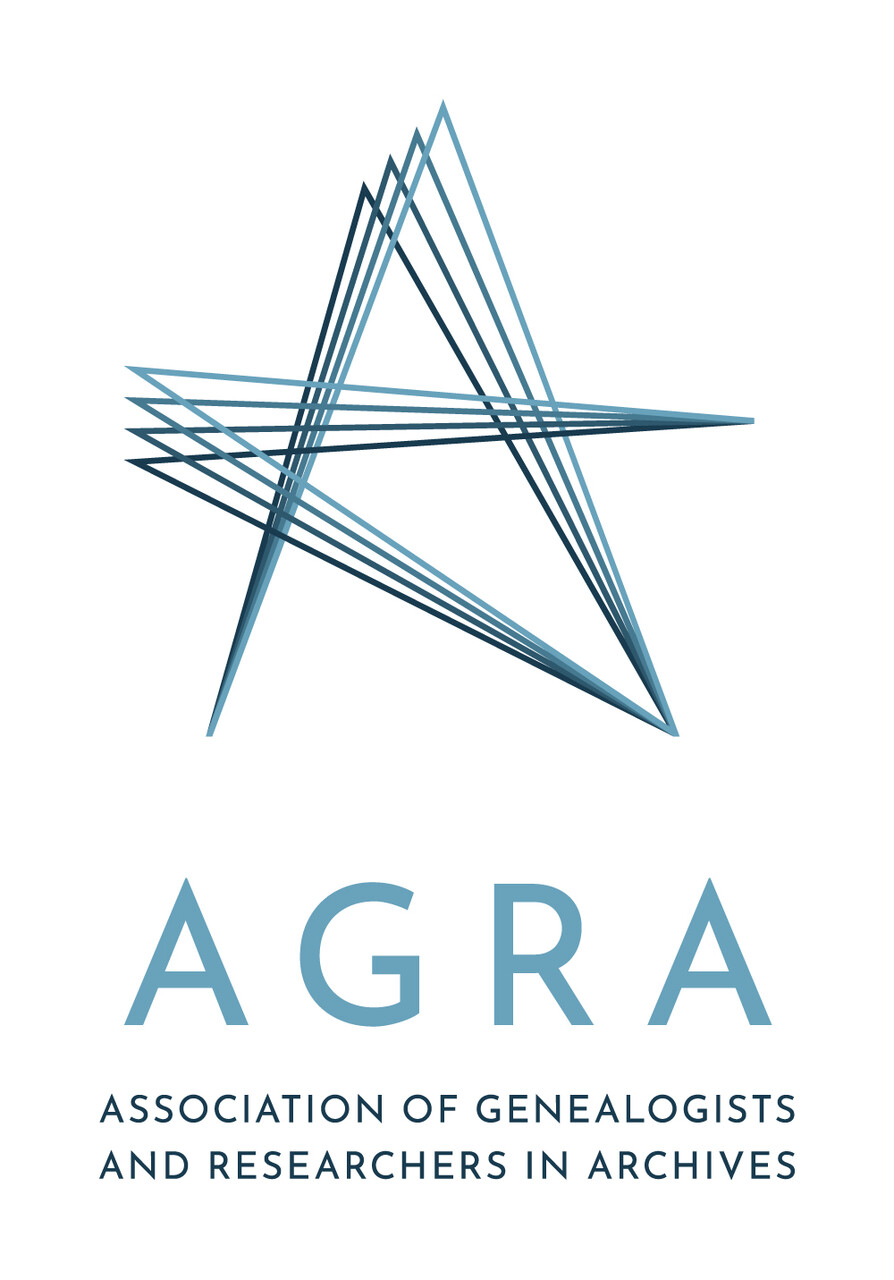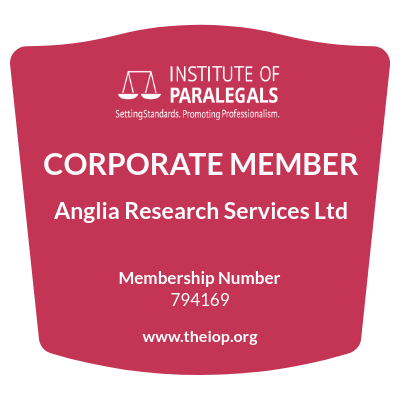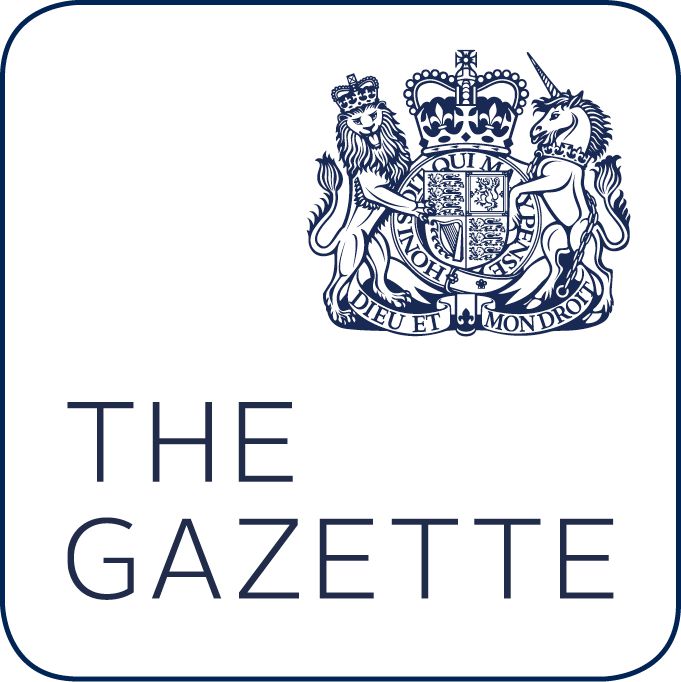Our no-charge checking service will give you an overview of the likely accuracy of the family tree, focusing on areas where we suspect there may be omissions or mistakes. Simply contact us and we’ll get back to you within 24 hours.
If you decide that further research is necessary, we will provide you with a quote and, upon instruction, verify the family details so that you can distribute the estate with peace of mind.
Why is it important to check that a family tree is correct?
- The law requires personal representatives to distribute an estate to all entitled beneficiaries, in accordance with the rules of intestacy.
- Insurers are unlikely to issue a missing beneficiary indemnity insurance policy (MBII) without the corroboration of a professional genealogist.
We can ensure family trees are correct for use as evidence of inheritance in cases of intestacy or other legal purposes.
Case manager Christopher Ferry explains the family tree verification process, from free review to full report.
Free review
When conducting the free review I normally look at the whole tree to get an idea of the size of the family and surnames involved. I then start with the deceased, expanding to the next-of-kin through the BMD index records (these are the indexes to birth, marriage and death registrations).
At this point, we are not looking at original certificates, which are relatively rich in information compared with the indexes. All the same, we can at least be sure whether or not the index records reflect the information on the family tree we have been given.
When I report back to the client, I provide an estimate of the cost of a more in-depth verification. In cases involving common surnames and populous urban areas, I would certainly suggest obtaining some key certificates or wills.
Full family tree verification
When we start the in-depth verification process, we order and examine the most crucial BMD certificates and, if necessary, we seek out census and probate materials that the family or solicitor may have overlooked.
In one recent case it was suspected that the deceased had had a daughter who couldn’t be traced. We quickly located and obtained her birth certificate, which indicated that she had been adopted out of the family. This meant that, according to the rules of intestacy, she wasn’t an entitled beneficiary and we immediately informed the solicitors who had instructed us, allowing them to continue their work safe in the knowledge that their client, a nephew, was still the closest entitled heir.
Another recent case involved a tree that mentioned an aunt of the deceased and her surviving bloodline. However, looking at BMD certificates and census records, we discovered that the lineage of the aunt was in doubt. The family were unaware of this and it could have posed a significant problem if a large portion of the estate was distributed incorrectly.
Over 25% of the family trees that we check are incorrect.
Why do family members sometimes get it wrong?
- Sometimes their true family history has been hidden from them, perhaps because someone moved out of the area, or because of illegitimacy. For example, an illegitimate baby may have been brought up as the child of grandparents, with the result that a presumed ‘aunt’ turns out to be a half-sister. Situations like these can completely overturn who stands to inherit from an estate.
- Sometimes family members don’t understand the rules of intestacy, so they fail to include children who are legally adopted into a family (although they are legally entitled beneficiaries), or they include step-children (who are not legally entitled beneficiaries).
- Inexperienced or amateur researchers are often too ready to believe that someone with the same surname is a relative. Similarly, if their uncle was always known as ‘James Robinson’ they will use this as the basis of their search, unaware that their uncle used his middle name and was in fact born ‘Henry James Robinson’.
- Although it’s rare that a personal representative will twist the facts to their own advantage, it’s not unknown.
- Amateur genealogists tend not to realise that most resources available on the internet have transcription errors, with some commercial database sites having a disturbing error rate.
For all these reasons, it makes sense to get a family tree professionally validated. At the very least, our free checking service gives you a chance to weigh up the risks and make an informed decision about whether to investigate further.
2024 Anglia Research Services All Rights Reserved.
Anglia Research and Anglia Research Services are trading names of Anglia Research Services Limited, a company registered in England and Wales: no. 05405509
Marketing by Unity Online
